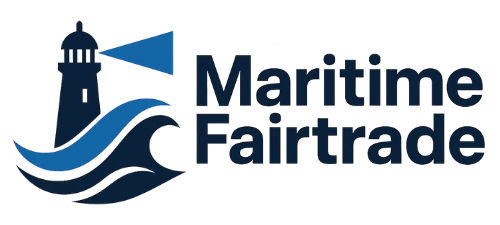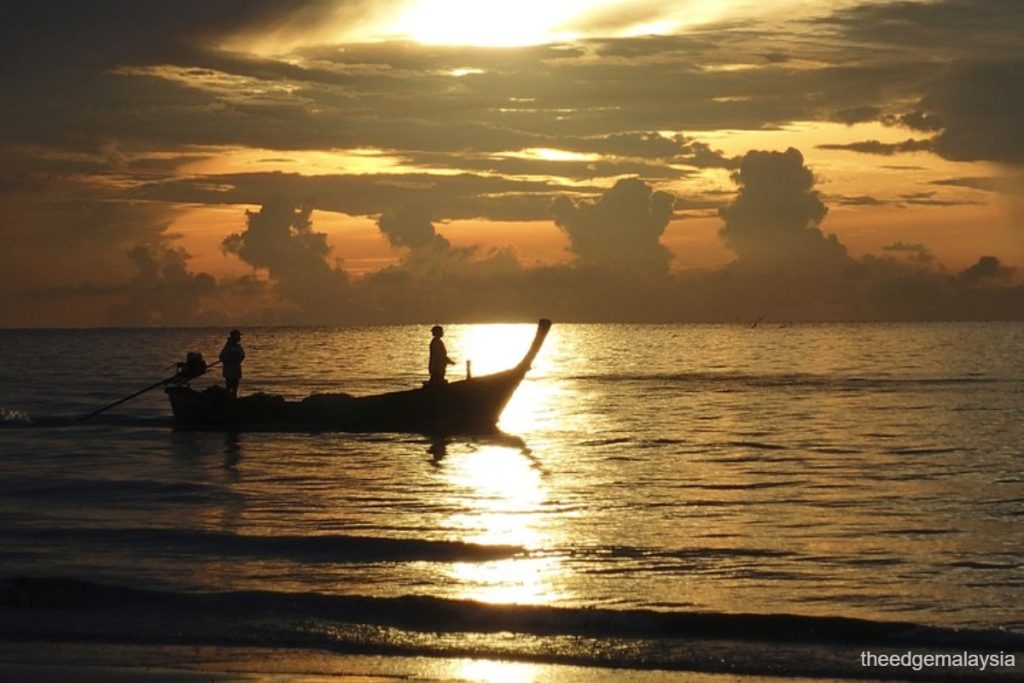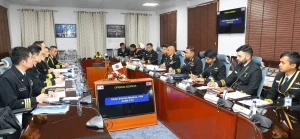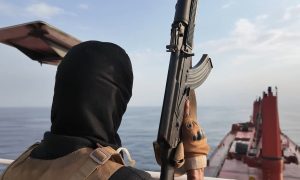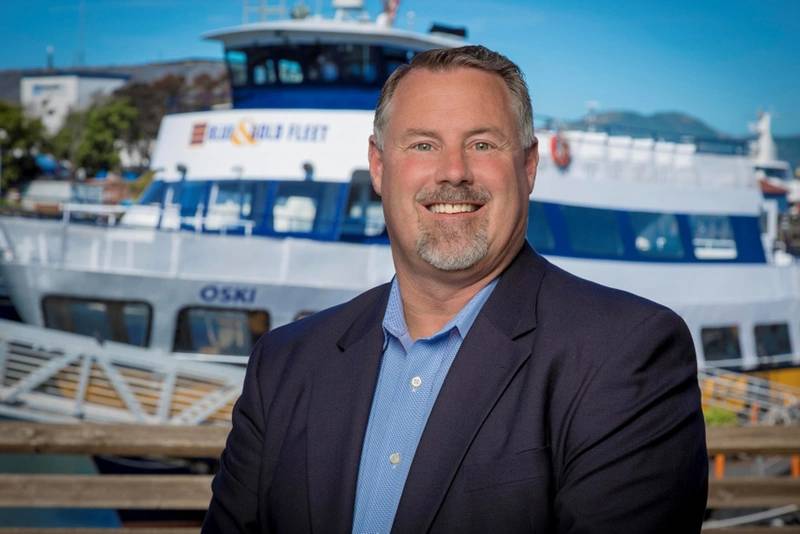Strengthening Malaysia’s Local Seafarer Pool for Maritime Competitiveness
In a recent statement, Datuk Seri Jeyenderan Ramasamy, CEO of Maritime Network Sdn Bhd, emphasized the importance of enhancing the pool of local seafarers in Malaysia to mitigate dependence on foreign crews and maintain the country’s maritime competitiveness. He highlighted that misconceptions about the maritime profession, such as long voyages, isolation, and harsh working conditions, deter many Malaysians despite the field’s appealing aspects, such as global exposure, attractive salaries, and clear career progression.
Jeyenderan pointed out that seafaring diverges significantly from conventional 9-to-5 jobs, often involving continuous shifts and extended periods away from home. This reality clashes with the younger generation’s desire for a better work-life balance, causing many to overlook the substantial long-term benefits of pursuing a maritime career.
To attract more locals to the industry, Jeyenderan urged collaboration between industry stakeholders, training institutions, and port authorities. He emphasized the need for outreach programs, open days, and sponsorships to promote maritime careers effectively. His company, Maritime Network Sdn Bhd, plays an active role in this initiative by sponsoring cadets and internships, thereby offering practical training and highlighting seafaring as a sustainable career path, rather than just a temporary job.
His comments were in response to Transport Minister Anthony Loke Siew Fook’s concerns regarding the high percentage of foreign crew members in Malaysia—nearly 40%—and the need for local shipping companies to bolster support for the Malaysian Maritime Academy (Alam) through sponsorships and practical placements. Jeyenderan reported that Maritime Network has successfully trained over 120 cadets specializing in deck, engine, and shore-based programs, of whom 20% to 25% are women, reflecting positive strides toward gender balance in the sector.
Further, he emphasized that aspiring professional seafarers must evolve to master modern navigation and engineering technologies, including the Electronic Chart Display and Information System (ECDIS), voyage planning, and preventive maintenance. This knowledge must align with international standards stipulated by crucial regulations such as the International Convention for the Safety of Life at Sea (Solas) and the International Convention for the Prevention of Pollution from Ships (Marpol).
In addition to technical proficiency, Jeyenderan noted that effective communication, teamwork, and crisis management are pivotal attributes of a world-class seafarer. With over 30 years of industry experience, he believes these skills will be vital for the future workforce in maintaining a competitive edge in the global maritime landscape.
In conclusion, for Malaysia to strengthen its maritime sector, a concerted effort is essential to encourage local talent to embrace seafaring careers, thereby reducing reliance on foreign crews and enhancing the nation’s capability in the maritime industry.
